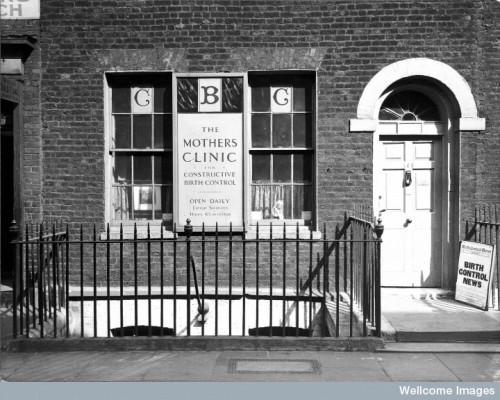A group of around 30, pretty diverse, people attended an event today hoping to raise awareness about the impact of climate change on BME communities in Manchester.
The event kicked off with an introduction by the chair of the Manchester BME Network Atiha Chaudry who also gave some of the partners a chance to talk about their Defra-funded research and findings. This included Michelle Ayavoro from Creative Hands and Kate Damiral from NCVO. I sadly missed this but arrived in time to sample some the workshops.
After listening into the ‘understanding the impact of climate change’ presentation I wandered into the community involvement workshop run by Catrina Pickering from Afsl. All attendees were given some handouts about projects in Manchester and were told to discuss them in pairs and share back to the group. I happened to walk in just as the group were enthusing about how great Manchester Climate Monthly was (my work here is done!) so I was pretty impressed. All the attendees got to talk about projects they wanted to share with others and also ask for help. Pretty cool stuff but I’m clearly biased.
Talking to various people during lunchtime, it’s clear that whilst they were happy that the awareness-raising event (funded by Defra as part of the research) was happening, they were wondering ‘what next?’. I sat down with Atiha Chaudry and asked her that very question. Here’s what she said:
The final report with all the findings and also the toolkit will be available next month.


 Set up in 1999, the Ahmed Iqbal Ullah Race Relations Centre was named after a Bangladeshi boy murdered in a racially motivated attack in Burnage in 1986. It is a resource centre on everything from the criminal justice system in the United States to the history of the local Pakistani community of Manchester.
Set up in 1999, the Ahmed Iqbal Ullah Race Relations Centre was named after a Bangladeshi boy murdered in a racially motivated attack in Burnage in 1986. It is a resource centre on everything from the criminal justice system in the United States to the history of the local Pakistani community of Manchester.


 The 84-foot long mural at Hulme Library is an impressive work of public art which chronicles the history of Hulme from Roman times up until the present. Capturing the constant battle for decent homes, immigration following World War Two and the tumultuous periods of regeneration, the mural is a reminder of the transformation of Hulme across the ages.
The 84-foot long mural at Hulme Library is an impressive work of public art which chronicles the history of Hulme from Roman times up until the present. Capturing the constant battle for decent homes, immigration following World War Two and the tumultuous periods of regeneration, the mural is a reminder of the transformation of Hulme across the ages.
 Here’s an article I wrote for the Big Issue North Mag a couple of weeks ago on the recent Manchester trial of climate activists…
Here’s an article I wrote for the Big Issue North Mag a couple of weeks ago on the recent Manchester trial of climate activists… My latest piece for Manchester’s Radical History is on Ellen Tooley, the first woman MP for Eccles which is my hometown! Apparently, Eccles had always been full of great women : ) Here’s an excerpt:
My latest piece for Manchester’s Radical History is on Ellen Tooley, the first woman MP for Eccles which is my hometown! Apparently, Eccles had always been full of great women : ) Here’s an excerpt:
